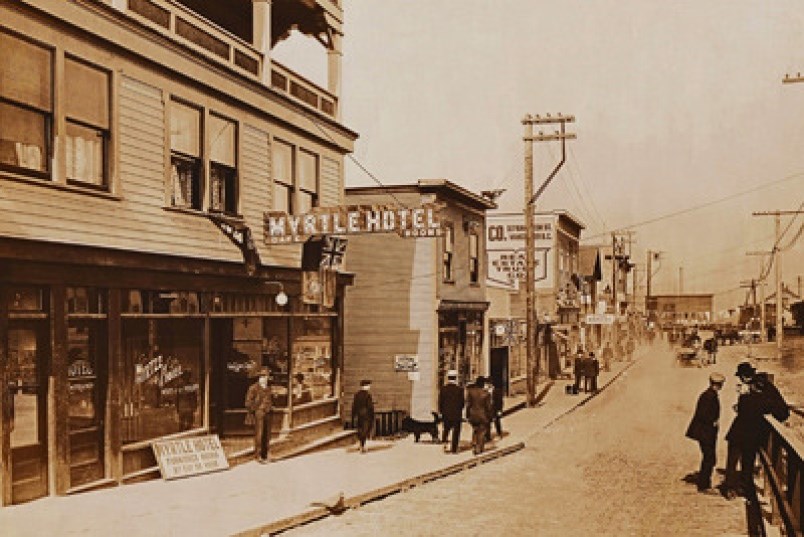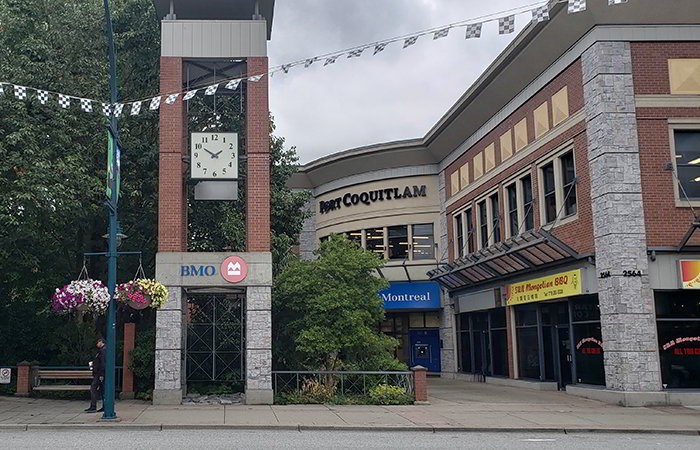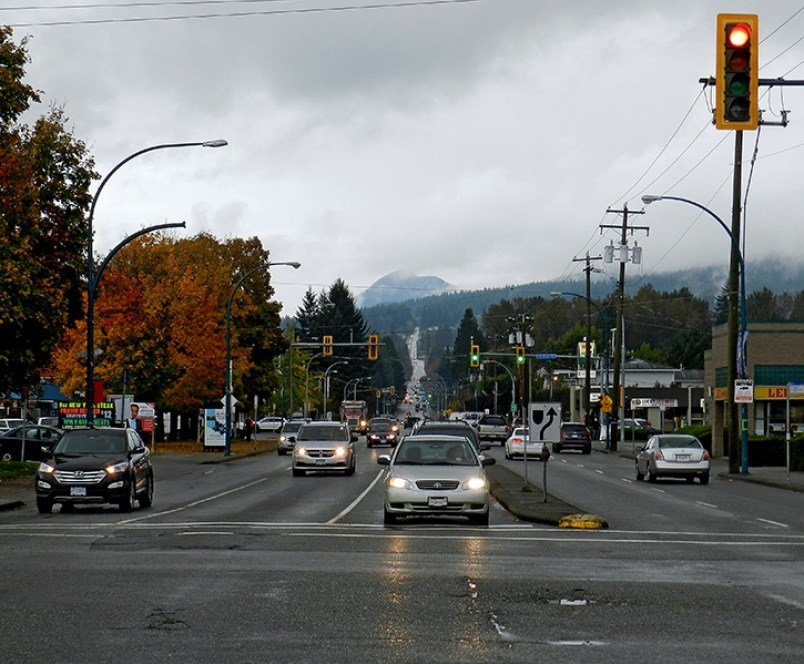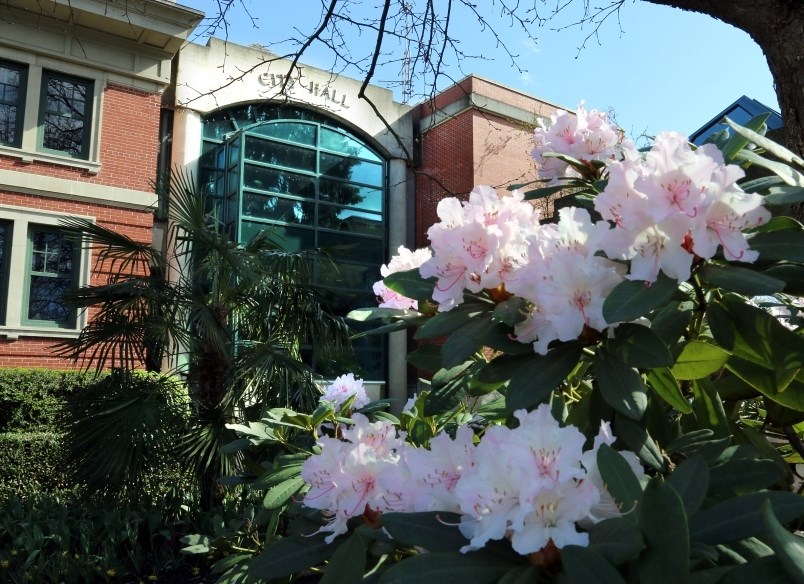Port Coquitlam used to be an agricultural area with dairy farms and market gardens.
Now it’s a bustling urban city with towers, condominiums, as well as parks, single family homes, roads, access to rapid transit, bike lanes, a new community centre, and a growing manufacturing and retail sector.
But a city doesn’t grow by accident. Planners together with politicians work on visions based on community input and trends.
That in a nutshell is why the city of Port Coquitlam needs to update its Official Community Plan.

It’s been 15 years since the city has rolled out a new official community plan, and although there have been several updates over the years, it’s time for a new plan to guide the future, according to Mayor Brad West.
“The city’s OCP is an important tool for the city and helps property owners and potential investors know what is being planned for our community in the years to come,” West said in a press release. “Our end goal with this update is to have a clear, user-friendly and pragmatic plan that will guide Port Coquitlam into the future.”
This past week, city council approved a plan for making that happen In what’s being called a “blueprint for future growth and development.”
Over the next two years, Port Coquitlam will conduct a housing review to look at more ground-level options such as townhomes, rental units and affordable housing options.

Efforts will also be made to streamline design guidelines for specific types of development permit areas — including the downtown and northside commercial area.
The environment will also be considered with targets set for greenhouse gas emissions reductions and the city’s tree canopy coverage.
The current OCP, dubbed PoCoPlan, was adopted in 2005 and substantially updated in 2013 after Metro Vancouver adopted its Regional Growth Strategy.

More updates took place in 2015 with a ‘Let’s Talk’ series that resulted in a number of new initiatives, including the a concept for revitalizing the downtown, and higher density development along transit corridors.
Port Coquitlam no longer has new areas of “Greenfield” land to accommodate the projected population of 76,000 by 2031. The OCP projects future housing needs to be met by increasing the variety of housing choices in areas close to transit, amenities and services.
The OCP process will include an update of a map of planned future land-use designations, considerations of Regional Growth Strategy policies and community input.

While social distancing requires new approaches, the city’s mayor says there are a number of ways to get public input.
“Public engagement is critical for community planning and it’s important that this plan reflects our community’s vision for Port Coquitlam,” West said.
“While the COVID-19 pandemic will have some impacts, we’ll be finding ways to safely engage with our residents and businesses as we roll out this work over the next two years.”
Community consultation will take place with physical distancing protocols, including the use of online surveys, already a popular method for residents to provide input on city initiatives. Other methods may also be explored for a physically distant public hearing and other means for engaging the community.
For information about upcoming OCP projects, visit www.portcoquitlam.ca/ocp



